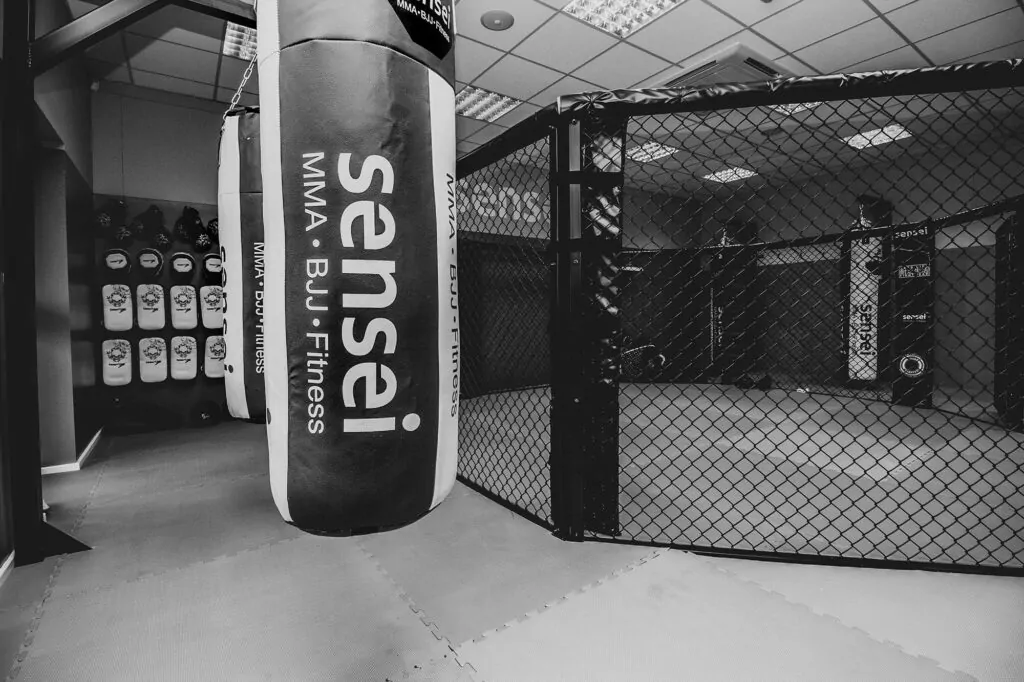This item was originally written by Jay Clark.
App designers understand that attentive design is important‚ but sometimes we forget just how important it is. With people using a multitude of apps throughout their daily lives to complete various tasks‚ ensuring that they flow‚ respond and react seamlessly is more important than ever. The way the app looks and feels is also important. Today’s devices allow app designers to create more visually appealing apps which help attract users. They also allow for limitless potential of extremely usable interfaces. However‚ with these possibilities also come challenges.
People Judge a Book by it’s Cover
We don’t like to admit it‚ but due to human instinct we all judge people‚ businesses and interfaces by their appearance‚ and to a certain extent‚ when it comes to apps and websites that’s a good thing. With so many options and possibilities to choose from when it comes to apps and websites‚ being able to filter them out automatically by your initial thoughts of their appearance is something that saves us time and is usually a good indicator of whether or not the interface is going to be well thought out‚ pleasurable to interact with and do the job that you want it to do. Although obviously this isn’t always the case.
Good Design has Become an Expectation
The increase in people using apps and interacting with smart devices has made people more design savvy. I think this is because now people have mastered interacting with their devices and have got used to using well-designed apps‚ when something doesn’t work well it stands out like a sore thumb. People use the majority of apps to get jobs done and make their lives easier‚ so if your app makes this difficult to achieve or the learnability of your app is slow and confusing‚ then people are going to look to your competitors.
When you ask people what it is they like about Apple products they don’t really know how to answer‚ they just say something like‚ ‘It just makes sense.’ This is because Apple does not do anything out of the ordinary‚ they just find simple solutions for problems that all users have and execute them in a way that puts the user first.
Popular Apps are Focusing on Form as Well as Function
Apps such as Facebook‚ Twitter‚ Evernote and Soundcloud to name just a few are all constantly updating the look and feel of their mobile apps. This is because people enjoy using apps that look‚ animate and function well.
People in the UK‚ who use their smartphones regularly‚ spend an average of around 2 hours a day looking at their phone screens. This number is very high and is only getting higher as time goes by‚ so having an aesthetically pleasing app is becoming more and more fundamental‚ because nobody wants to be looking at an ugly screen for a large portion of their day.
As time goes on‚ the usage of smart devices is only going to grow. To have a successful website or app‚ companies are going to have to realise the importance of how the app not only functions‚ but also looks. There are currently around 1.3 million apps in both Google’s and Apple’s app stores‚ so competition is extremely high. Companies with iOS apps cant afford to take too long to update their apps to the latest operating system‚ or only update their apps once every three years. With things moving at the pace that they are‚ apps need to be getting updated regularly or they will get outdated‚ and users will notice this and find alternatives.
What This Means for App Designers
There’s a lot of aspects that need to be considered by app designers to ensure that their design goes above and beyond.
Users are using a wide range of different devices in which they are running their apps on‚ whether it be an iPad or an iPhone 6. This means that the strengths and weaknesses of each screen size need to be considered. For example‚ twitters iPad app is laid out differently to the app for the iPhone. This is to make use of the additional space and added potential that arises with a larger screen. Another consideration to make is how the content is going to shift when the device is held horizontally. Various elements will switch from being on top of each other to being next to each other. Making this switch seamless and logical will result in the user understanding the interface rather than being frustrated by it.
Fitt’s law‚ in layman’s terms states that if objects are bigger and closer to us then they are easier to select. This is true when designing apps. Apple recommends that the smallest tappable element should be 40×40 points. This is to ensure that the user isn’t selecting buttons that they don’t want to select as this is annoying‚ especially if it happens often. Facilitating touch interaction is fundamental when designing apps. Users want to have a high success rate when it comes to tapping icons and text so that they can complete their interaction as quickly and as effortlessly as possible.
Along with the sizes of the icons and how the app will look on various devices‚ it’s also important to ensure that we design a usable layout. Although the new iPhone 6+ has a 5.5 inch screen‚ the devices we are designing our apps for in general have size constraints. This means that we need to make sure that what we are designing is streamlined and as minimalistic as possible. Antoine de saint-Exupéry famously once said‚ ‘It seems that perfection is attained not when there is nothing more to add‚ but when there is nothing more to remove’. Thinking about how the user can get a job done in the most intuitive way and removing useless information and icons is key to minimising user error. App Designers also need to remember the importance of grid layouts. Grid layouts help to lead the user on a journey and also ensure that the design looks aesthetically pleasing.





